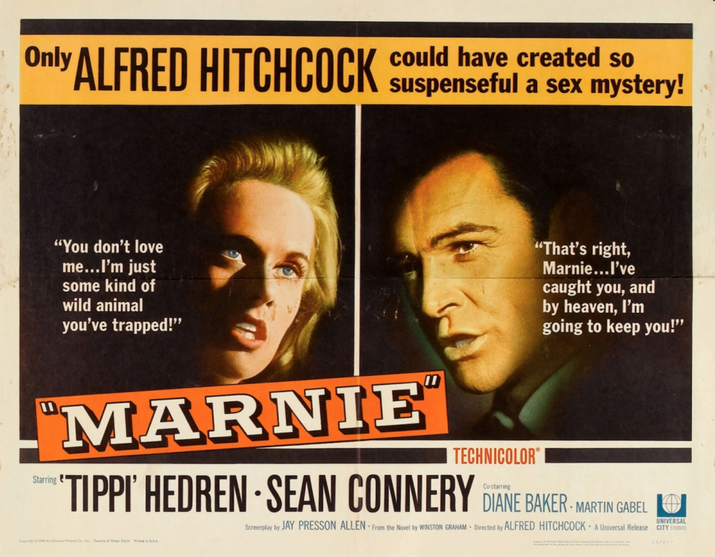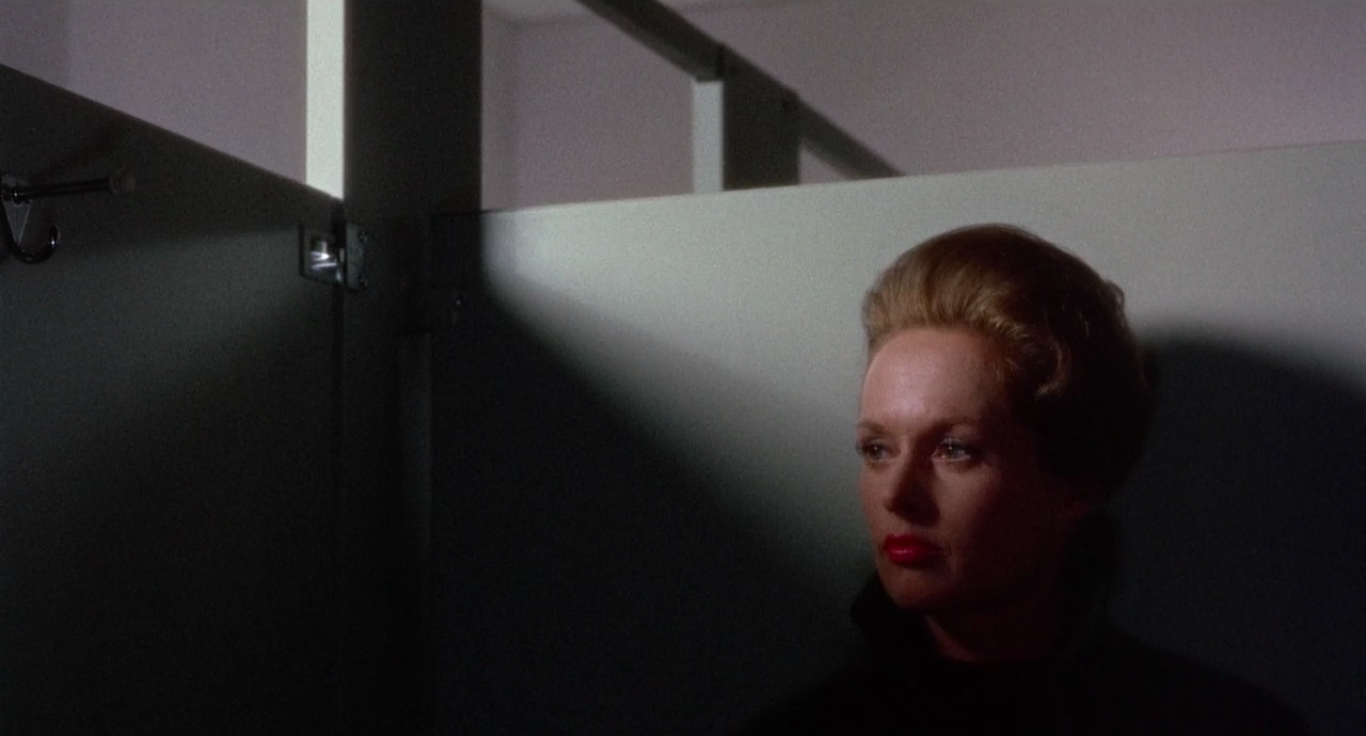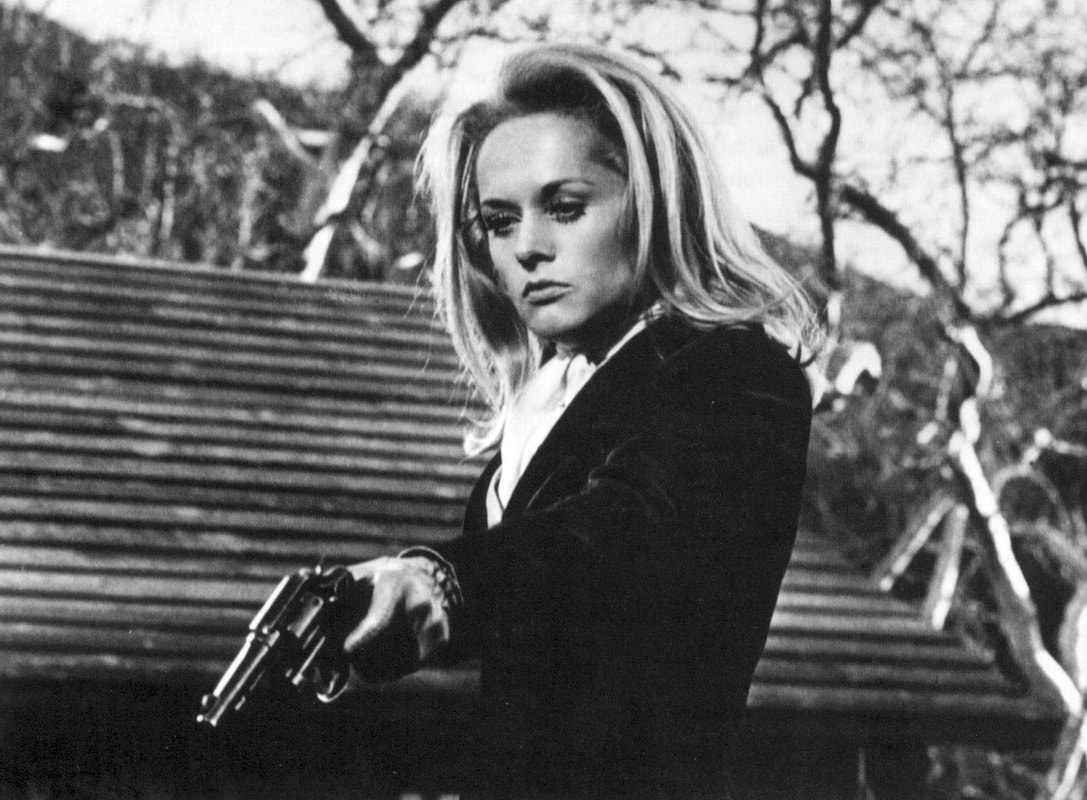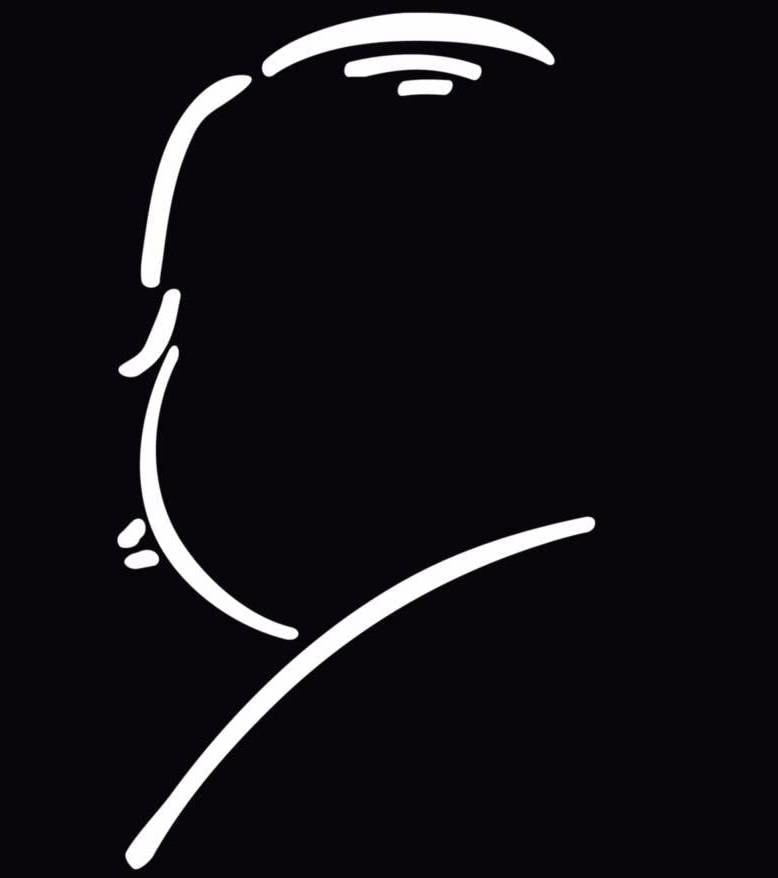|
On 16 August, 2016, Richard Brody published an article in The New Yorker entitled, "Marnie is the Cure for Hitchcock Mania." In it, he makes an extensive and persuasive argument for Marnie's status as "Hitchcock's best film," and then goes on to outline various argument about the film's style, themes, and significance in Hitchcock's oeuvre. Read the article in its entirety (click the title above). In a response of not more than 250 words, discuss one of the article's key points using references to Marnie to support your conclusions. Be careful: The point of this assignment is not to agree or disagree with Brody's evaluative assessment of Marnie as a great film, but to take up one of his points of analysis about it as a kind of troubled (even perverse) film and explore it further. You may conclude that the argument Brody makes is flawed in some way in your look at the film. But again, your task is not to evaluate the film's greatness. If you respond to this post, you need not respond to final post on Frenzy. If you respond to both, I will take the higher of the two response marks. URL: https://www.newyorker.com/culture/richard-brody/marnie-is-the-cure-for-hitchcock-mania
10 Comments
1) Should Marnie be understood as a critique of capitalist patriarchy, a normalization of capitalist patriarchy, or some combination of the two? Define your terms and provide plenty of examples from the film to support your claim. For this particular question, you may use the "I". Please feel free to embrace ambivalence (your own and the film's) if you see fit.
2) Compare and contrast Marnie's relationship with Mark with the narrator's relationship with her husband, John, in the "Yellow Wallpaper. " What might such a comparison reveal about the changing contours of patriarchy? You may consider the status of the "symptom" and the nature of "resistance" in your response. 3) Provide an in-depth character analysis of Marnie or Mark. Use concepts drawn from psychoanalysis, queer theory, or feminism to open up our understanding of the characters. What makes them tick? How does your analysis, which tells us something we didn't already know about Marnie or Mark, alter our perception of the film? There are many possible concepts for you to draw upon. These include, for instance, trauma and repetition compulsion, womanliness as masquerade, being and having the phallus, the registers of the imaginary, symbolic, and the real, masculine fragility, and all desire being desire of the m(O)ther. You may, however, apply *any* idea we have encountered since the start of the term (including our discussion of capitalist ideology and this week's Jacqueline Rose reading). Just make sure to apply an idea you find illuminating! How might the concept allow us to see the characters in a new light? And how might the characters allow us to revise our understanding of the concept? Remember you are not trying to "smother" the characters with your reading, but aiming to open up our understanding of their complexity. Please mio if you have any questions and good luck! |
INSTRUCTIONSPlease respond in the Comments section. To see this section, just click the red "comments" line). To create a new response, use the "Leave a Reply" box. ArchivesCategories |




 RSS Feed
RSS Feed
